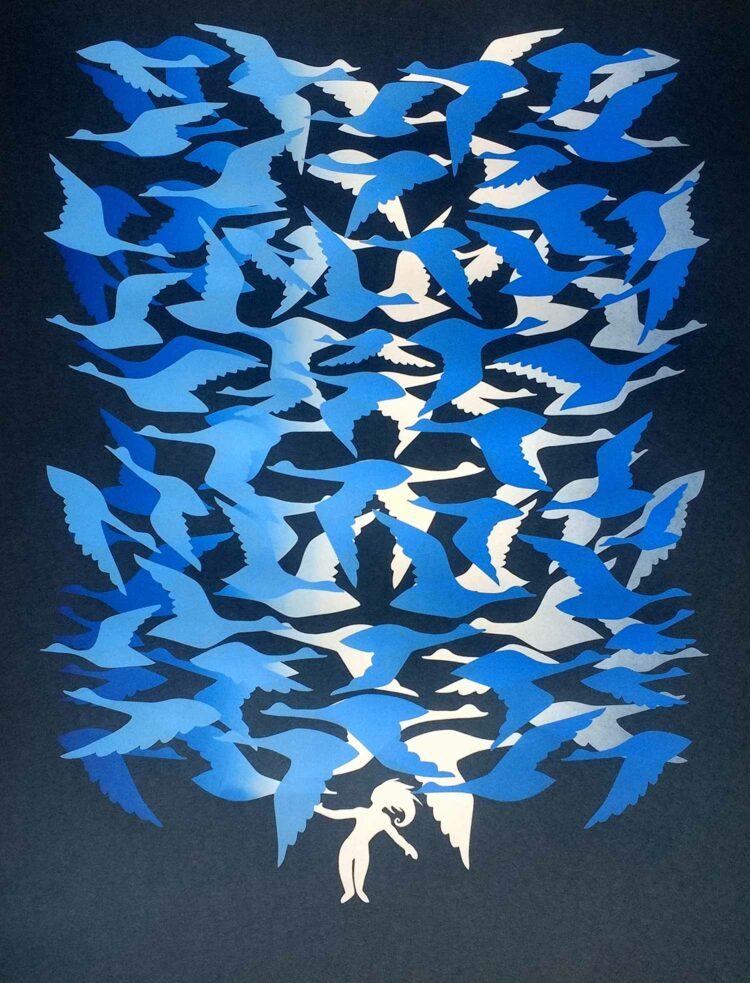Perspectives on Anarchist Theory | May 5, 2022
I should begin by acknowledging my positioning: I am writing as a white settler anarchist on land stolen from the Neshnabé (Potawatomi) in so-called Northwest Indiana, and I intend here to address mainly other settler anarchists of North America/Turtle Island. I feel that we are laboring under some unhelpful and indeed harmful habits of thought when it comes to imagining how we might relate our traditions to the far-older ones of Indigenous peoples everywhere and of Native Americans in particular.
In my book about the history of global anarchist resistance culture, Underground Passages, I found an astonishing degree of coherence between the newspapers, songs, poems, visual art, and novels produced by anarchists in Chile and China, Argentina and Australia. From one perspective, this similitude is a remarkable cultural achievement; from another, the cultural expressions of these non-European militants did not significantly deviate from those of their European counterparts for over a hundred years, and innovations flowed largely from center to periphery. And in Anarquistas de Ultramar: Anarquismo, Indigenismo, Descolonización (Overseas Anarchists: Anarchism, Indigenism, Decolonization), Carlos Taibo attempts to come to grips with the fact that while anarchy—mutual aid, direct democracy, communism, and so on—is to be found in the practices and concepts of nearly every culture (provided one looks far enough back), anarchism as a doctrine appears to arrive “overseas” as a modern European import.
“Import” is, of course, a euphemism: if the migration of working-class European anarchists into the Americas was pushed along by waves of capital, we have to admit that this emigration was also a form of colonization. Moreover, these arrivals—settlers, invaders—most often carried with them the sense that science was superior to traditions, that emancipation was linked to modern progress, and that these things meant not only the advance of technology but the dethronement of gods and the subsequent placement of humanity at the center of the universe. In short, the colonizer culture was Eurocentric, anthropocentric, and resolutely modern—opposed in every way to the native cultures being displaced.


